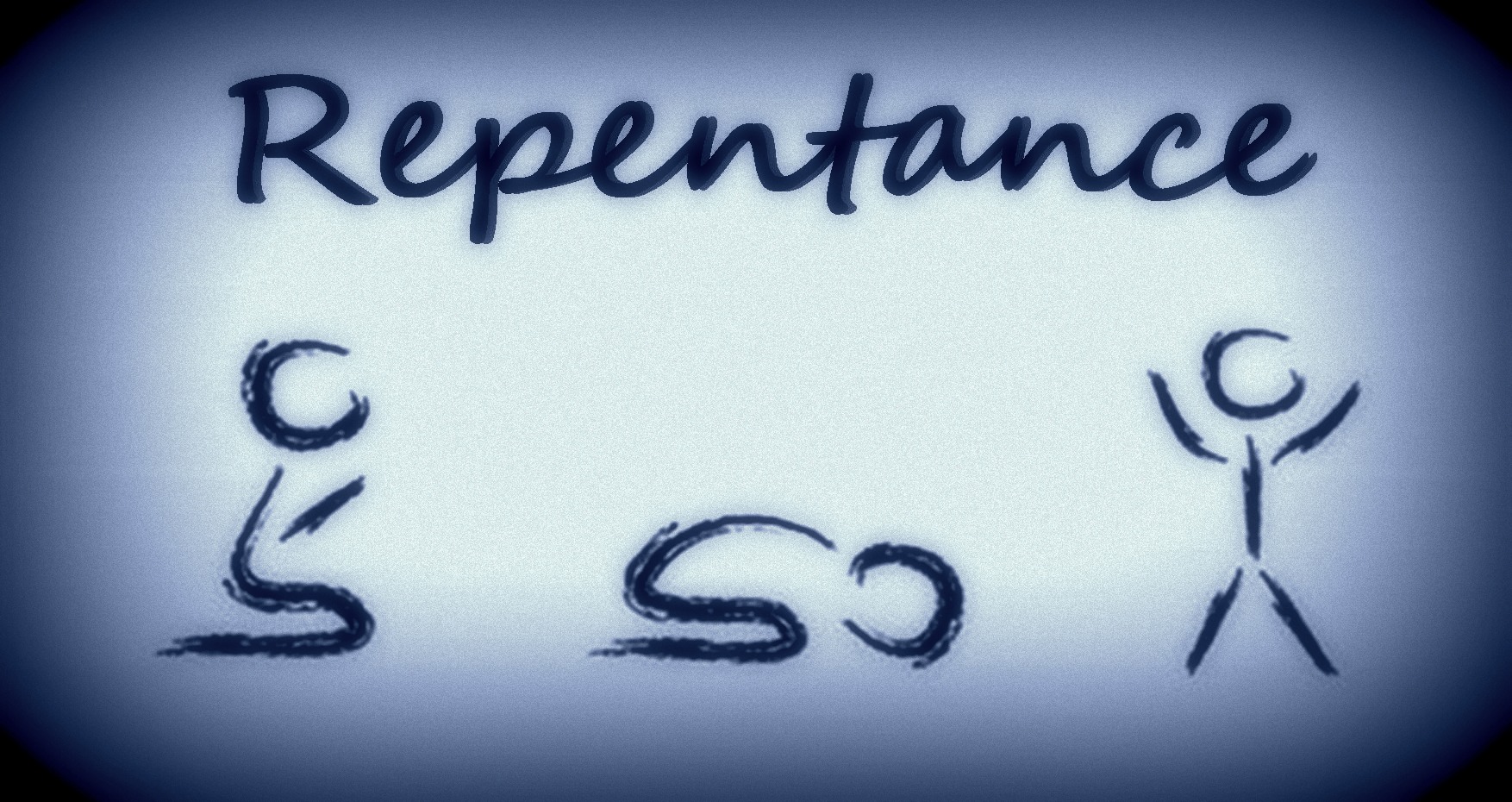A God of Second Chances
Jesus said, “Unless you repent, you too will all perish.” Luke 13:7
When Martin Luther proposed changes to the church 500 years ago, there were many things that he put on the table. These had to do with both theology and practice. The Lutherans who would eventually take on his name adopted some of his ideas. Others ideas were somewhat lost or minimized.
One of the things that Luther changed but didn’t want to lose was the idea of repentance and confession. While he was opposed to mandating private confession before communion, Luther was both in favor of emphasizing confession and also favored keeping private confession as a both a sacrament and a voluntary but regularly provided for option. While few Lutheran congregations provide for this with any regularity, his goal was to maintain the call to renewal and new life in the gospel. It was not enough to declare that God loves us. That news should transform us and allow us to turn from our old selves and toward new selves. In other words, the gospel declares love but also causes new life.
In the text above, Jesus is teaching about the myth that some people are good enough on their own while others are not. He is making the case that all of us fall short of what God hopes for us. We all need to receive the grace that only God can give. And we all need to therefore repent and receive the new life that it provides.
The words sound ominous on the surface. It sounds like a threat. But Jesus then tells a parable about a fig tree that is not producing figs. There is a desire to cut it down – why keep a fruit tree that won’t produce fruit? But the story then takes a surprising turn. “Don’t cut it down. Fertilize it and see if things change.” God is oriented toward giving more opportunities for life.
Feel like you are falling short? You may be. If so, don’t keep doing things the same way. Repent (turn) and try something new in a new way. But do so giving thanks for a basic truth: We worship a God of second chances!

